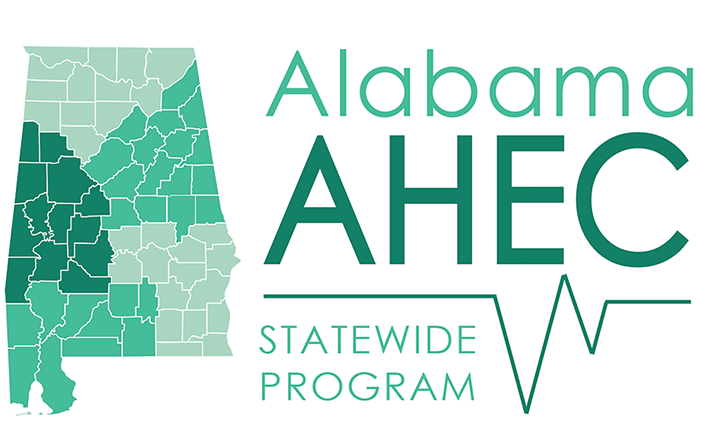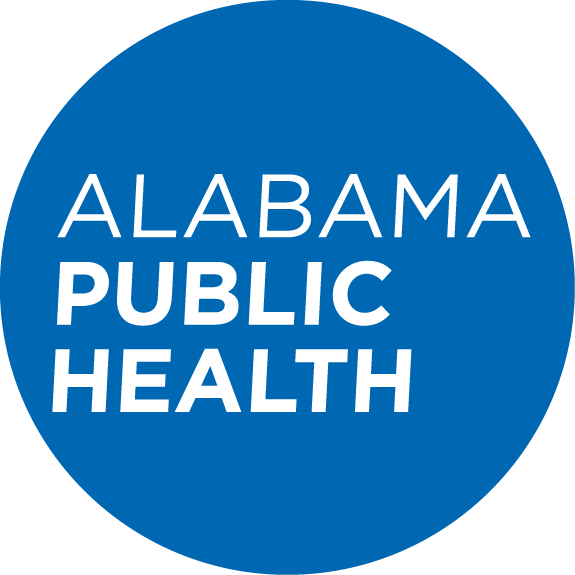It’s respiratory season and in addition to hand hygiene and respiratory etiquette, what else can we do to help protect our residents from respiratory illness? This webinar will describe 10 strategies for mitigating the spread of respiratory illness. Discussion will include information on air management and strategies for improving ventilation in long-term care facilities for helping to prevent the spread of respiratory pathogens.
Learning objectives:
- Describe ten strategies for mitigating the spread of respiratory illnesses in the long-term care environment.
- Discuss the impact of air and ventilation in the transmission of infectious pathogens.
- Identify three mitigation strategies for improving ventilation in long-term care facilities.
This webinar is presented by the Alabama Regional Center for Infection Prevention and Control and co-sponsored by the Deep South Center for Occupational Health and Safety and the Alabama Statewide Area Health Education Centers (AHEC).
The Board of Examiners of Nursing Home Administrators has reviewed and approved the seminar entitled “Mitigating the Spread of Respiratory Illnesses in Long Term Care Facilities” for 1 hour of continuing education credit for licensed nursing home administrators in the State of Alabama.
The Deep South Center for OH&S is an approved provider of continuing education units for nurses by the AL Board of Nursing (Provider ABNP0420 Expiration Date 7/10/2025) and has awarded this program 1.2 ABN CEUs. All other professionals awarded .1 CEUs..

















